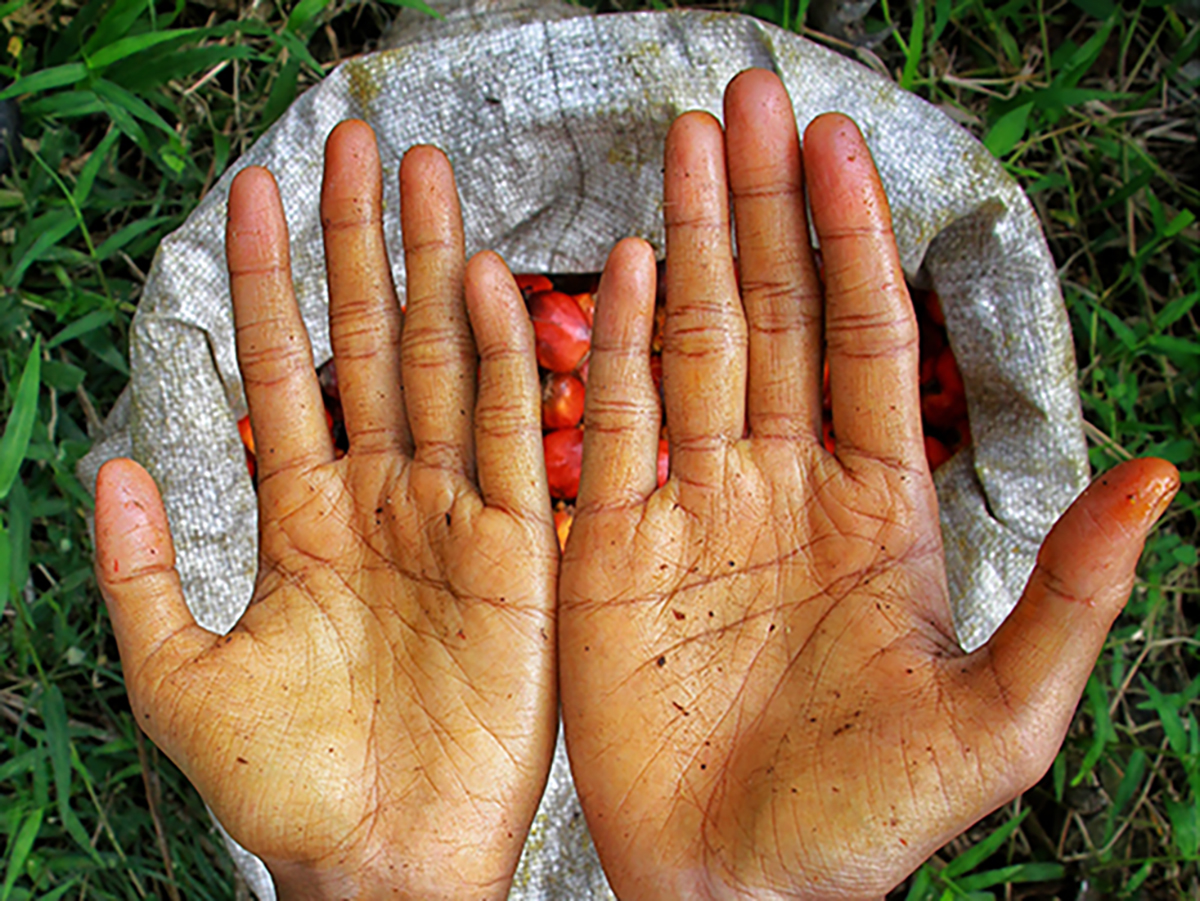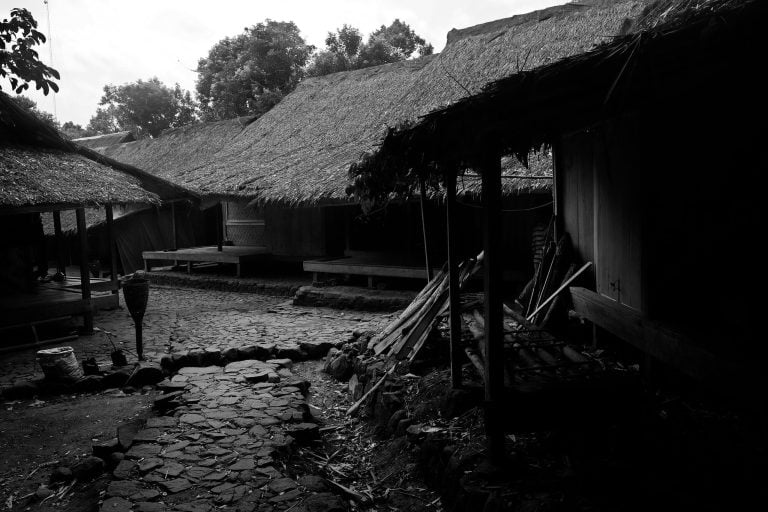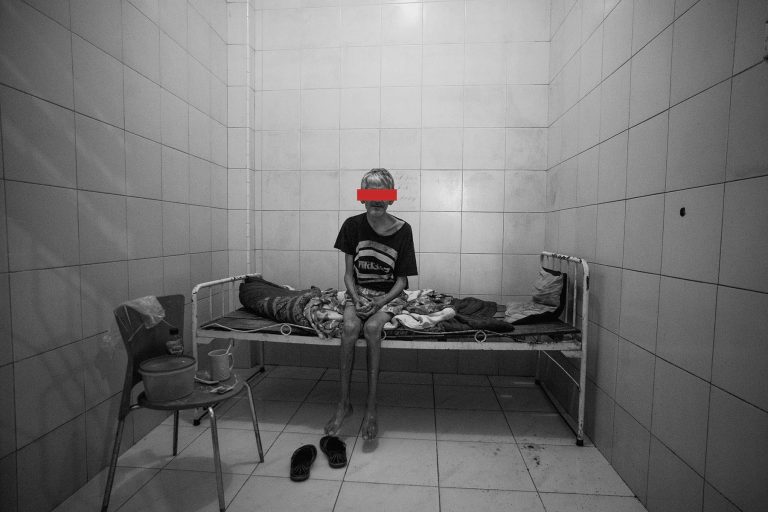In the shade of bountiful oil palm trees lie untold stories of women whose labor is crucial to keeping the industry running. They work without pay or protection, helping their husbands meet harvest targets while staying invisible in official records. Their unrecognized struggle exposes another face of palm oil’s exploitative machinery.
Amid the vast stretches of an oil palm plantation in North Sumatra, some women are busy picking up loose palm fruits with their bare hands.
They wear no uniforms, helmets, or safety boots as they work on the plantation, managed by PT PP London Sumatera (Lonsum). They spend five to six hours a day, navigating through shrubbery without official employment status, let alone any protection.
They are the wives of oil palm workers, known colloquially as the “family gang”.
The wives help their husbands harvest oil palm fruits in their respective ancak—plantation blocks designated by the company. The husbands cut down fresh fruit bunches from the trees, while the wives gather the loose fruits scattered on the ground. Without these loose fruits, the harvest is considered incomplete.
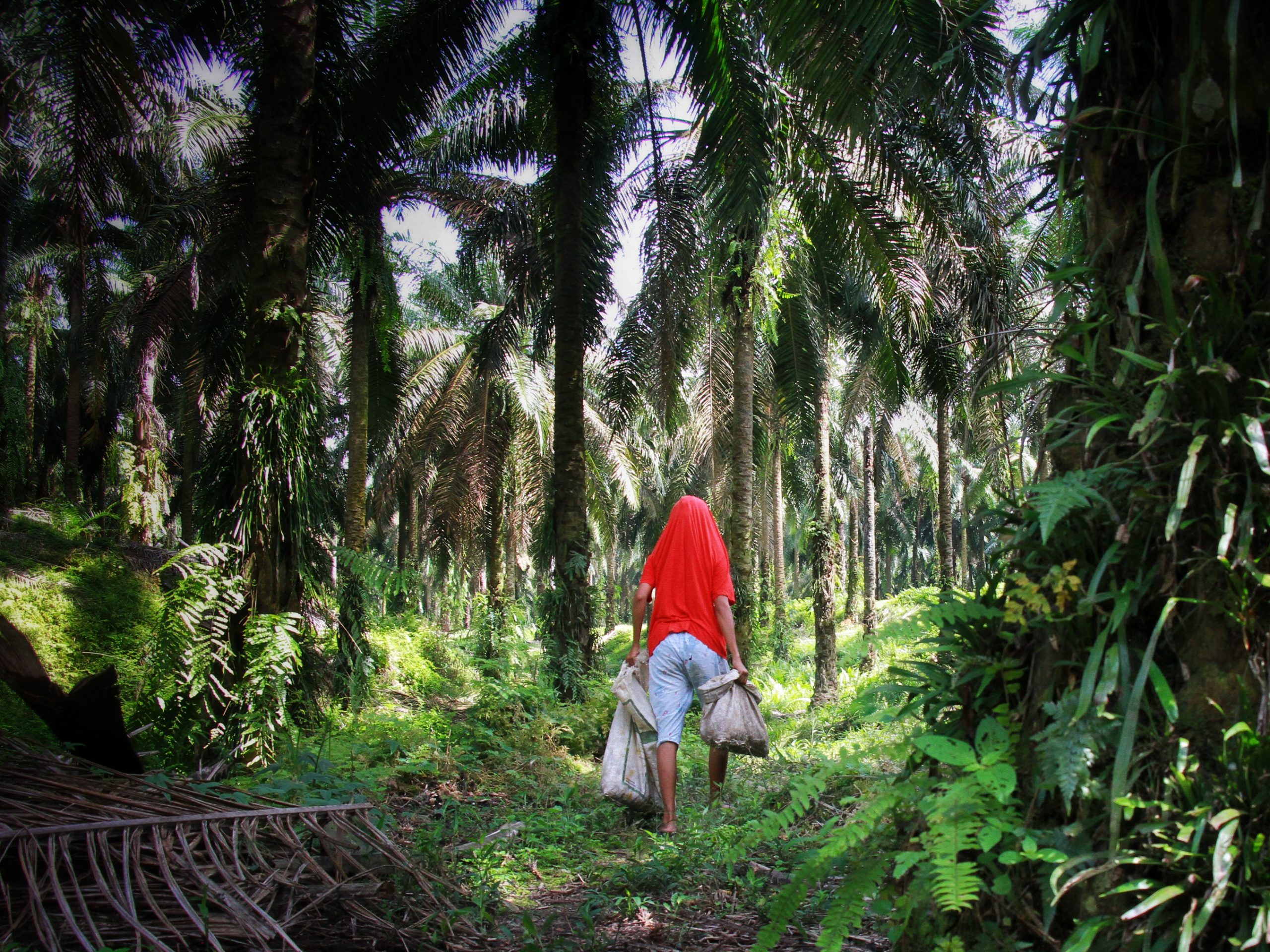
The harvest depends on the age of the palm trees. For instance, a tree older than 10 years can produce up to 50 bunches, each weighing around 23 to 24 kilograms. This means each worker is expected to harvest 1.1 to 1.2 tons of fresh fruit bunches daily.
This is not a small target, and not one that leaves room for failure. It is as if the target separates “good” workers from “bad” ones, with the latter at risk of receiving warning letters, losing incentives, or even facing contract termination if they fail to meet it.
Not wanting their husbands to suffer the consequences, the wives step in to help with the harvest.
“Sometimes we don’t get enough fruits in our block, so we ask fellow harvesters with more productive trees if we can work in their area to meet the target,” said Tinik, the wife of a worker at PT Lonsum’s plantation, who requested that her real name not be used.
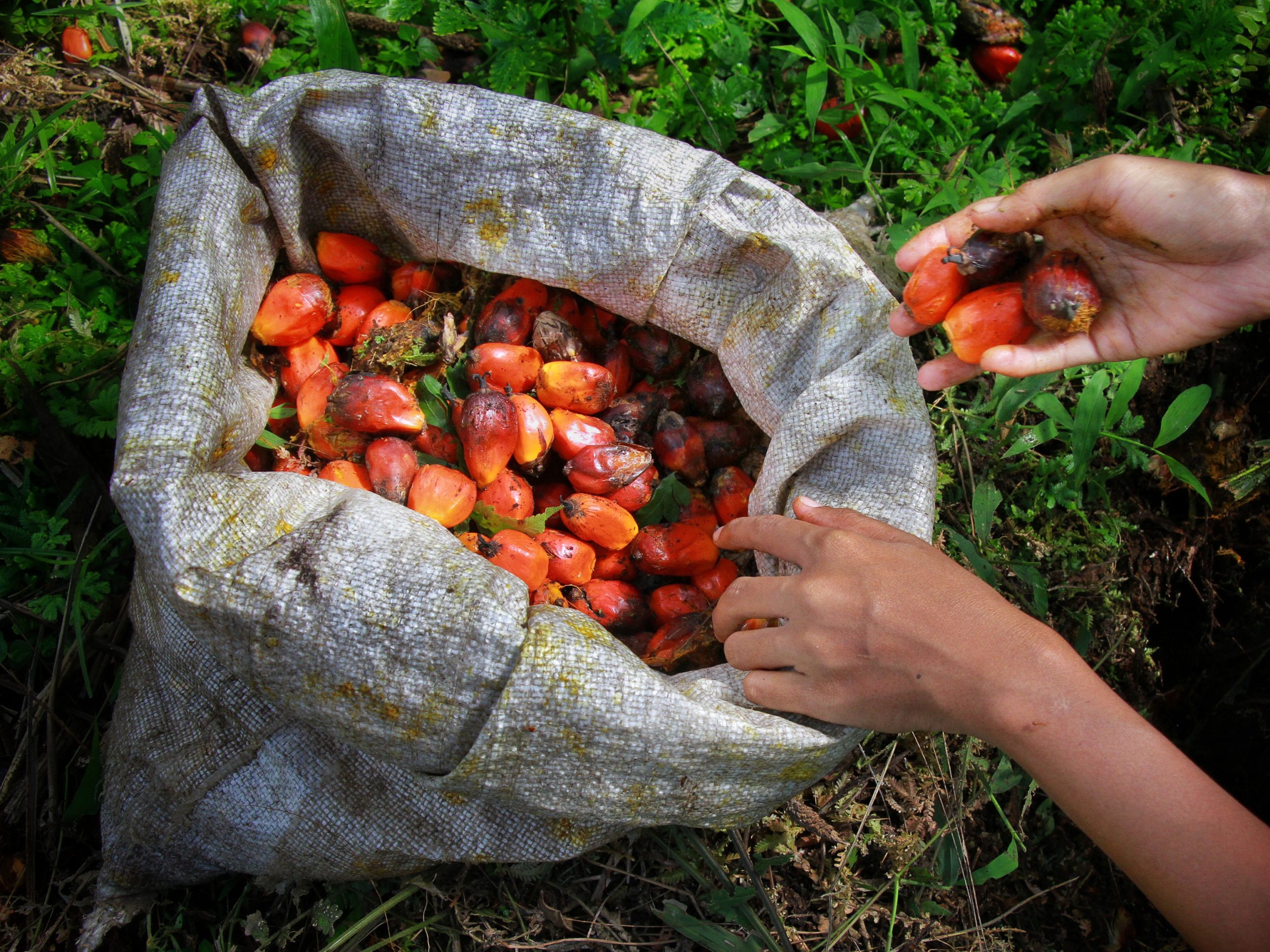
Founded in 1906 near Medan, North Sumatra, PT Lonsum is among Indonesia’s 10 largest oil palm companies. It manages over 111,000 hectares of plantations across Sumatra, Kalimantan, Java, and Sulawesi, of which 82% are planted with oil palm, 15% with rubber, and the rest with other crops.
PT Lonsum is owned by PT Salim Ivomas Pratama (SIMP), a subsidiary of agribusiness firm Indofood Agri Resources. All are part of the Indofood Group conglomerate.
Last year alone, PT Lonsum produced 1.17 million tons of fresh fruit bunches and 287,000 tons of crude palm oil, contributing 42.5% and 40.7% respectively to Indofood Agri Resources’ output.
Yet behind these large production figures are workers and their families who often have to endure grueling conditions.
For instance, Tinik had been helping her husband on the plantation for five years and kept working while heavily pregnant with their first child. The physically demanding labor led to a premature birth after just seven months.
“If a bunch was overripe or starting to rot, the fruits would fall off, and I had to pick it up one by one,” Tinik said. “I had to squat to pick up the loose palm fruits, move from one tree to another.”
“Not to mention walking up and down the ancak. Sometimes I even slipped because the soil was so slick.”
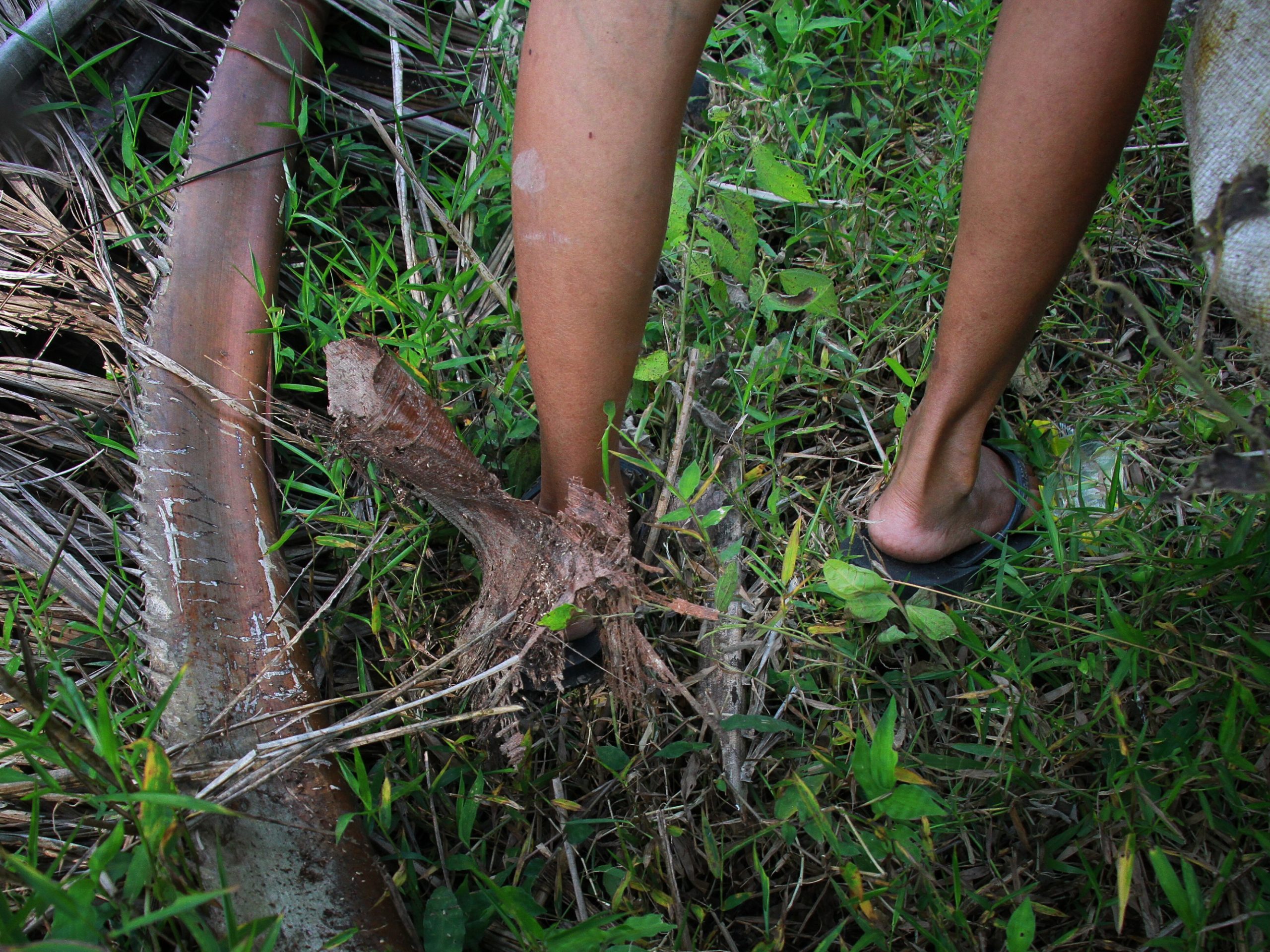
Beyond pregnancy risks, Tinik also once had a work-related accident while riding a motorcycle with her husband on the plantation’s slippery roads.
“Our motorbike is old, but we still rode it together with a sack full of fruits. We fell. My leg was pinned under the cart,” she said, adding that even though she was injured, she still went to work the next day.
Encounters with dangerous animals like snakes, scorpions, or venomous insects are all too common.
Once, an oil palm thorn pierced deeply into Tinik’s foot, leaving her with an infection.
“Being pierced by oil palm thorns is a daily occurrence. What else can you do? It’s part of the job. If it throbs, I just bear it, or try to pull it out with a needle or something, then put on Betadine [an antiseptic solution]. Sometimes the wound festers if it’s not cleaned right away,” Tinik said.
Worst of all, these risks are borne entirely by them. There is no insurance, no state health coverage, no compensation, because on paper these wives don’t exist.
Love in a Neglectful System
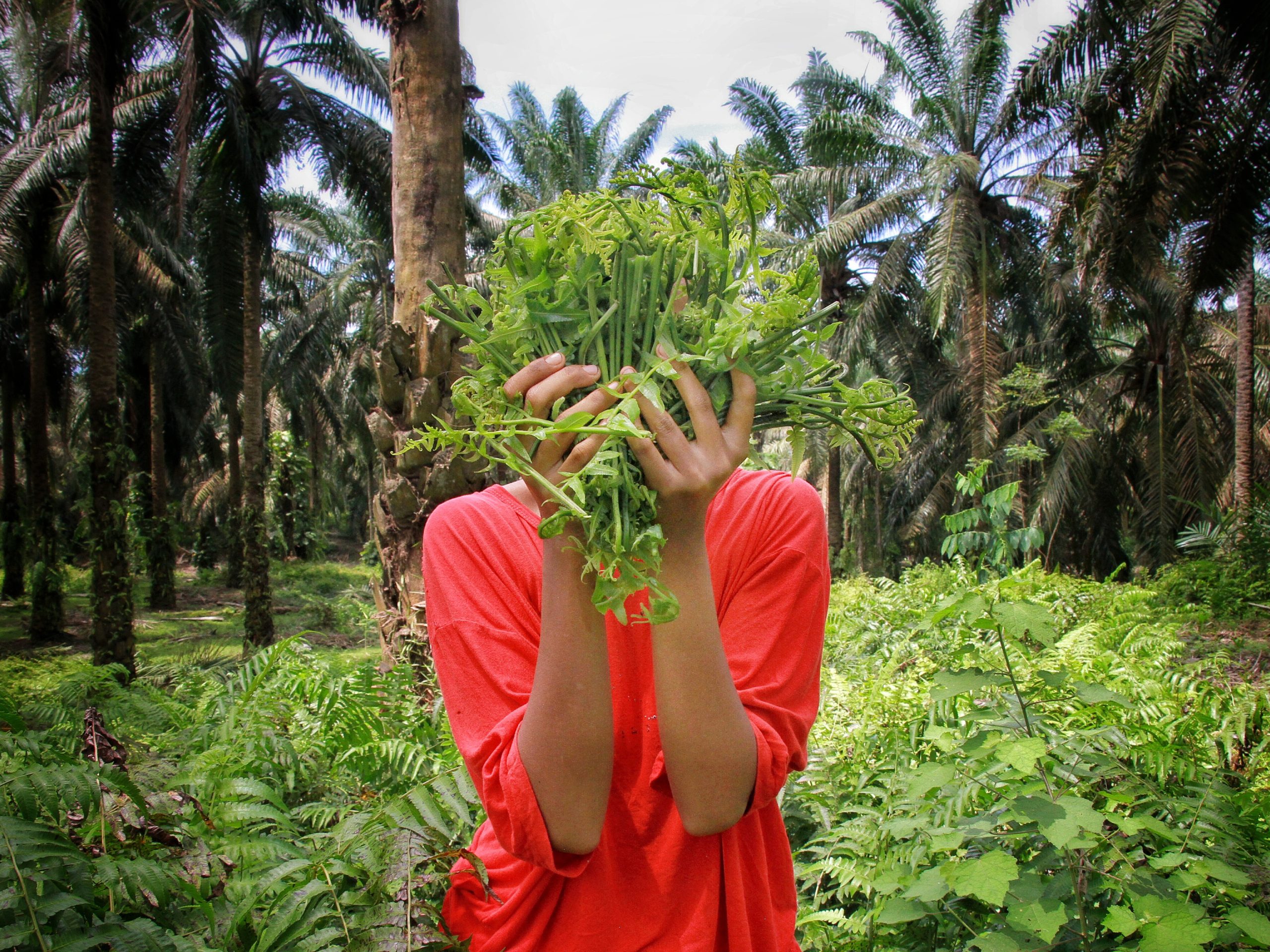
Despite the enormous workload and risks, these women continue to work on the plantation, not out of loyalty to the company, but out of love for their families and hopes for a better future.
However, the exploitative system in oil palm plantations pushes them further to the margins. They are considered informal helpers despite their significant contribution to the company’s daily production.
Herwin Nasution, chairman of the Federation of Indonesian Plantation Workers Unions (F-Serbundo), described this as “relational exploitation”, arguing that the company benefits from the situation by maximizing production capacity without taking responsibility for the helpers’ welfare.
“This is a violation of workers’ rights. If they work full-time, continuously, and under the company’s supervision, they deserve to be recognized as workers,” Herwin said.
Lely Zailani, head of the expert council at the Association of Indonesian Women’s Unions (Hapsari), said such exploitative practices are common in oil palm plantations across Deli Serdang, Serdang Bedagai, and Langkat—major oil palm hubs in North Sumatra.
The husbands’ decision to let their wives work in the plantations, she said, is closely tied to limited job opportunities in the region and the high production target set by the company.
“There should be advocacy for policy changes at the regional level. Only when regional regulations are in place can we hold the company accountable for fulfilling its obligations,” Lely said.
“Unfortunately, we don’t have enough resources to fully address this issue,” she added. “This is a challenge for us at Hapsari.”
She urged other unions and workers’ associations, especially those in the oil palm industry, to map out, report on, and advocate for the rights of plantation workers.
Herwin added that the government should be more proactive, taking the initiative in resolving workers’ rights violations in oil palm plantations.
“They should not just wait for reports from workers or unions as workers might be afraid to speak up,” he said.
F-Serbundo previously called for the exclusion of PT Lonsum and its parent, PT SIMP, from the Roundtable on Sustainable Palm Oil (RSPO), a global certification body that sets sustainability standards for the palm oil industry. The two firms, it argued, had violated those standards, particularly on labor and environmental issues.
Both PT Lonsum and PT SIMP eventually left the RSPO in February 2019. Indofood Agri Resources, which controls the two companies, said the withdrawal was voluntary and not related to workers’ rights violations as alleged by F-Serbundo.
Indofood Agri Resources also downplayed F-Serbundo’s significance, noting that the federation represented less than 1% of its workforce.
F-Serbundo, however, disputed that.
“Before the companies were excluded from the RSPO, we often irritated them with our findings from the field, and it worked. They began improving their systems and management. As a result, there were no more casual workers, as all of them became permanent workers,” Herwin said.
“In early 2019, Lonsum [and PT SIMP] resigned from the RSPO before facing expulsion. After that, the management changed, and we were back to square one.”
Wish for a Better Future
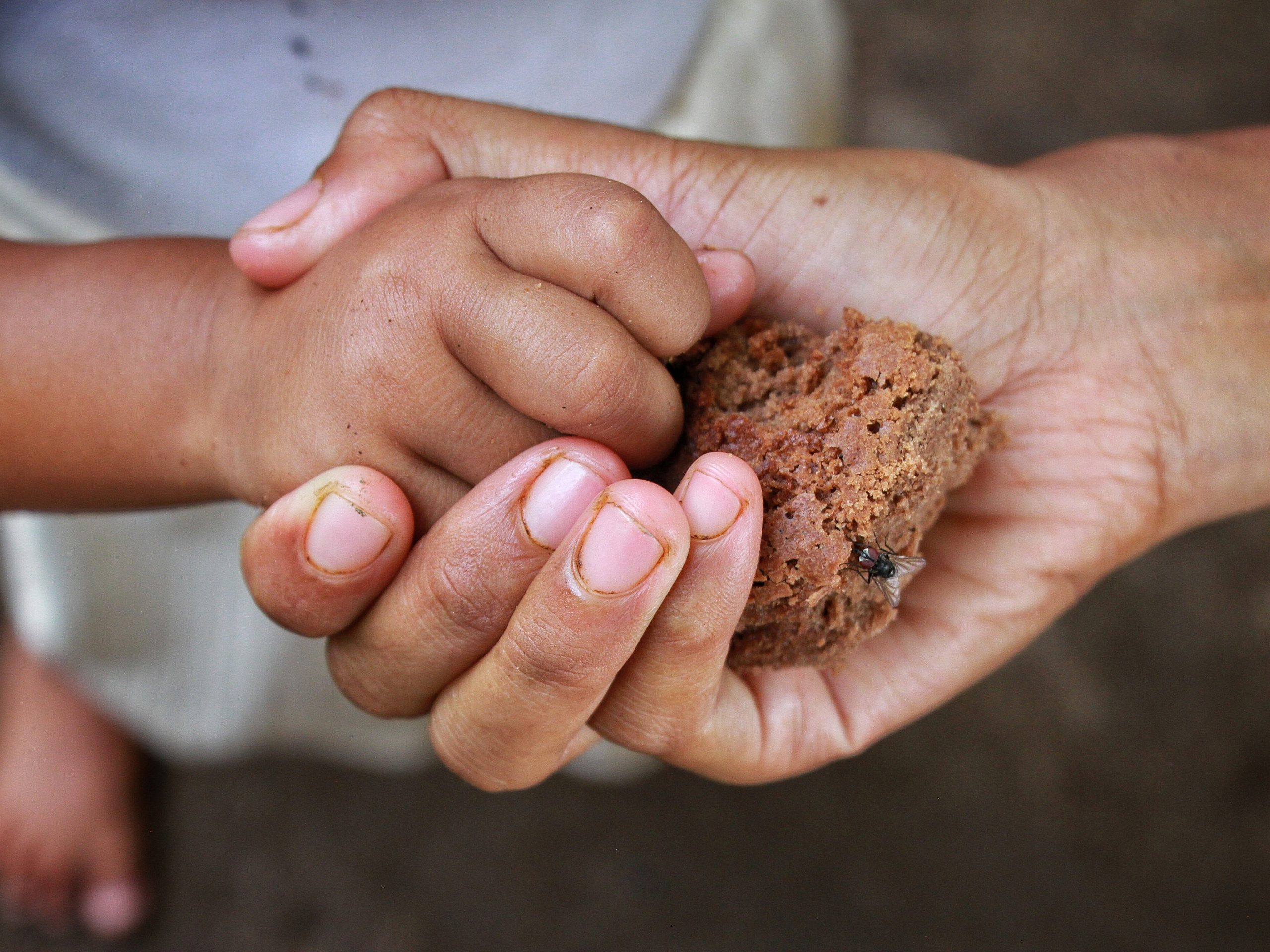
At her young age, Tinik still dreams of pursuing higher education.
“I’ve always wanted to go to university. I once told my husband about this, and he said that I have to wait until we have some money and the children are older. I really want to speak up so that people can hear our stories,” Tinik said.
Tinik knows her husband’s wage is far from enough to cover university tuition. Together they earn about Rp2 million (US$122) a month, barely sufficient for basic necessities and their children’s needs.
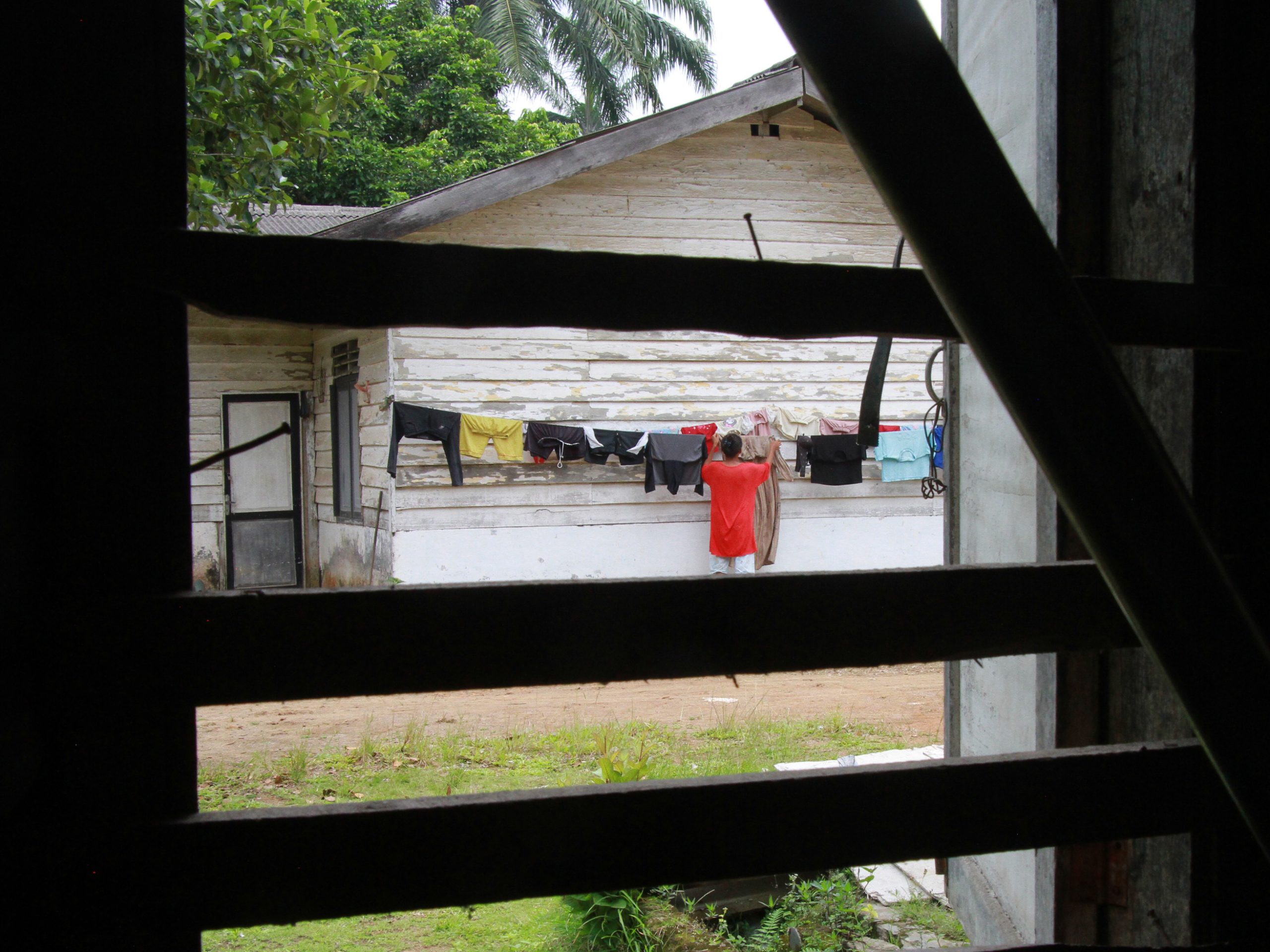
The company provides housing for Tinik and her family, but it’s only a small shack. Despite this, they still have to cover the cost of commuting to the plantation block, which is about four kilometers away.
Tinik’s dream of higher education is rooted in her wish to protect her children from the cycle of exploitation in the palm oil industry.
“I don’t want my children to end up like us. My husband didn’t finish school, only I did. I wish my children could go to university and have a better life, not work as plantation workers like we do.”
This photo story, originally published in Indonesian, was translated by Devina Heriyanto. The English-language editor was Winda Charmila.

